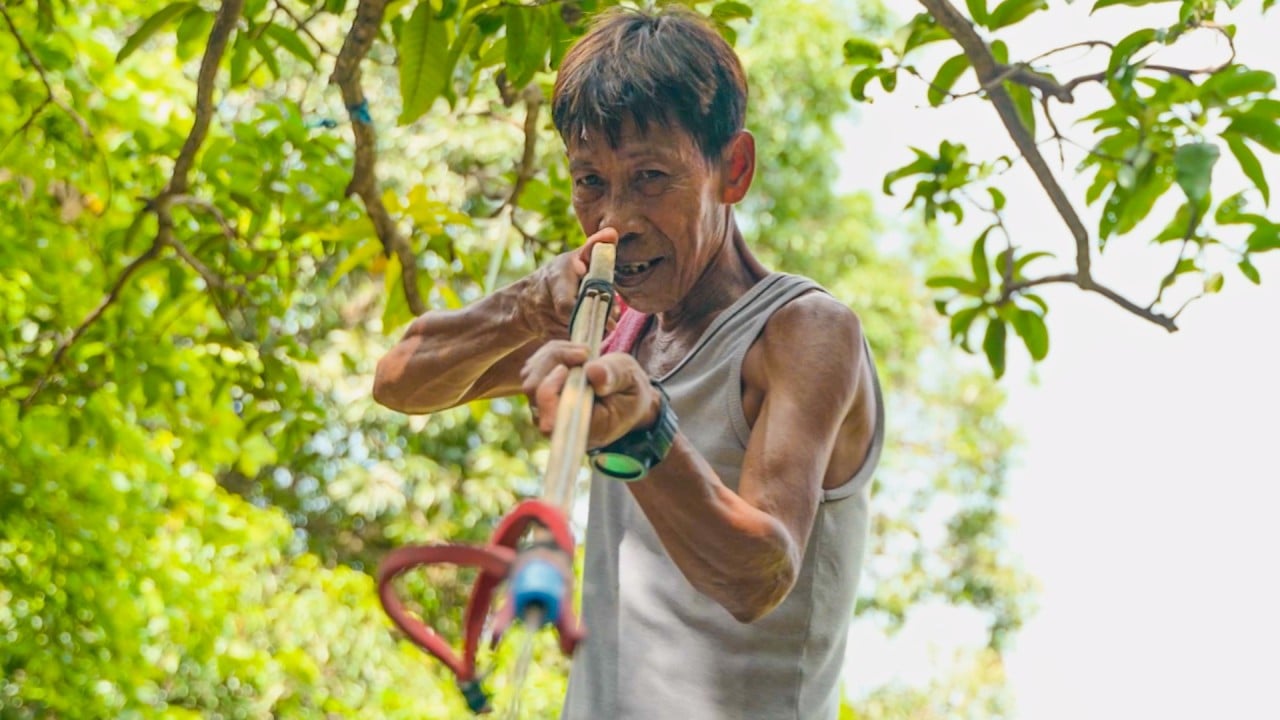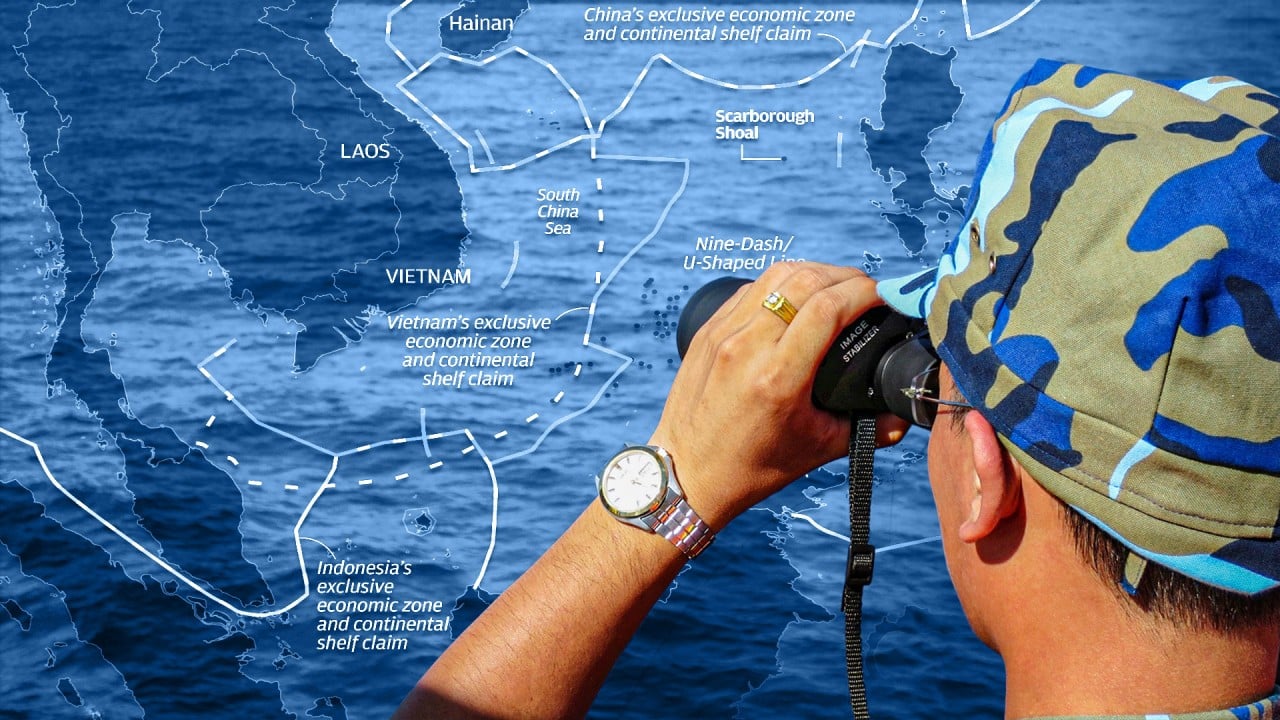Philippine fishermen netted by South China Sea geopolitics over Scarborough Shoal: ‘we’re always being harassed’
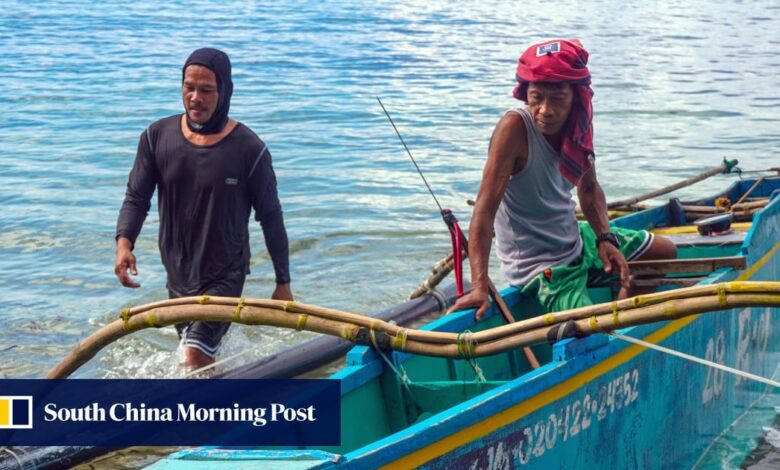
[ad_1]
But how much longer he will be able to do this is in the balance, as geopolitics strangles his access to the rich, traditional fishing grounds that have sustained his community for generations.
Fishing is the main source of income for the more than 500 households on the idyllic island of San Salvador, where ramshackle huts nose towards white sandy beaches and only the occasional day-tripping tourist visits its shallow coral reefs.
It takes up to 18 hours by boat in good weather to reach Panatag or Bajo de Masinloc in the West Philippine Sea, a triangle-shaped set of reefs around a vast lagoon that has long provided sanctuary to storm-battered ships and food for San Salvador.
To the rest of the world, it is known as Scarborough Shoal: a clutch of rocks in fish-rich waters around 200km off the Philippines coast that has become the frontline of a contest with China.
It is a flashpoint that menaces relations between the two Asian countries and is often cited by critics and analysts alike as an example of Beijing’s muscling out of smaller neighbours that it says are its friends.
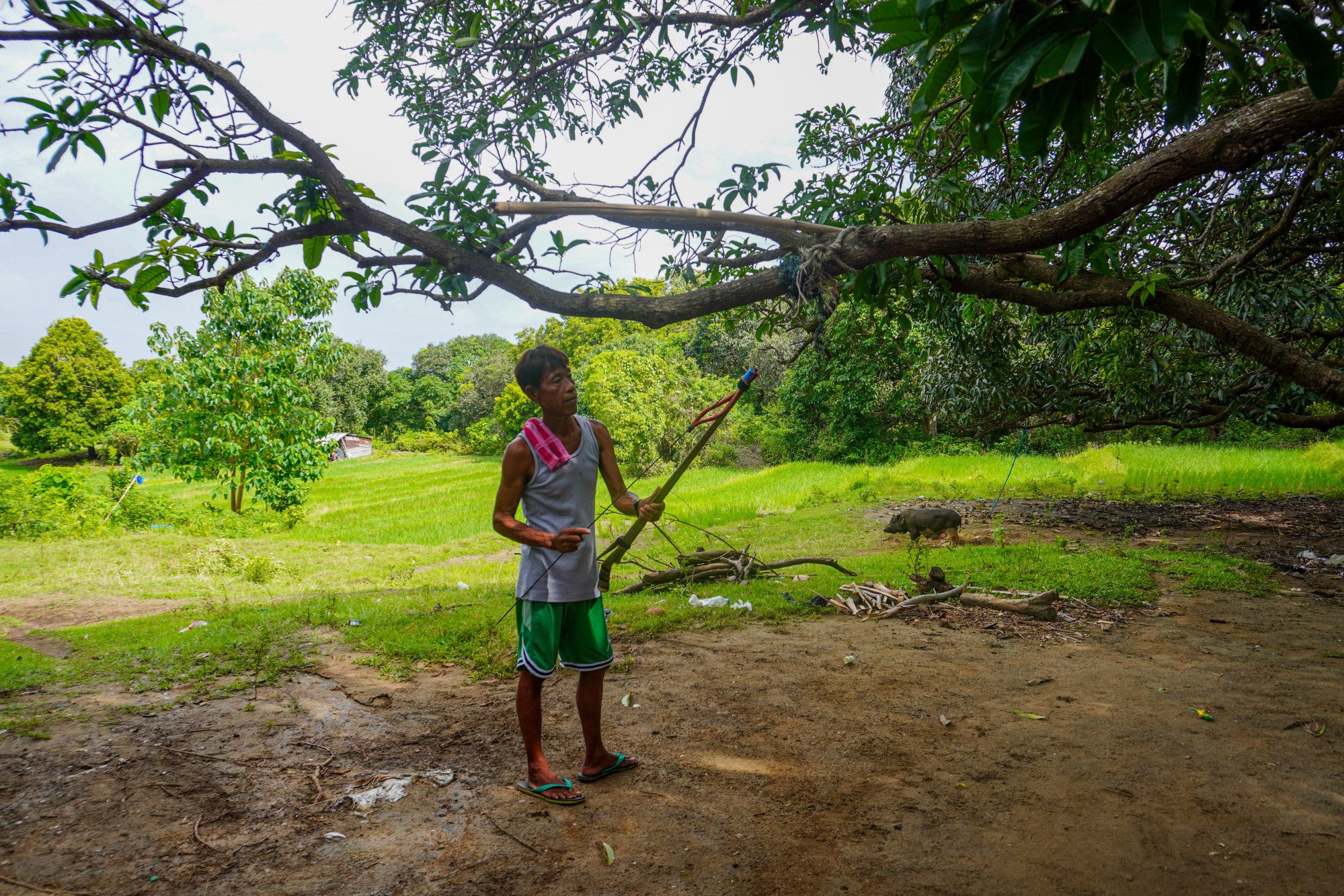
At Scarborough Shoal, named after a British ship grounded on the atoll close to three centuries ago, Filipino fishermen like Rony have become bit players in a geopolitical drama not of their own making within the exclusive economic zone of the Philippines.
Yet to Beijing, the shoal is the strategic centre of the South China Sea, at the heart of shipping lanes crucial to the country’s multi-trillion-dollar maritime trade.
“It’s hard and it hurts. What belongs to us, we cannot go to, we cannot enter,” Rony said, explaining that as the shoal’s strategic importance has amped up, he has continued to try to fish.
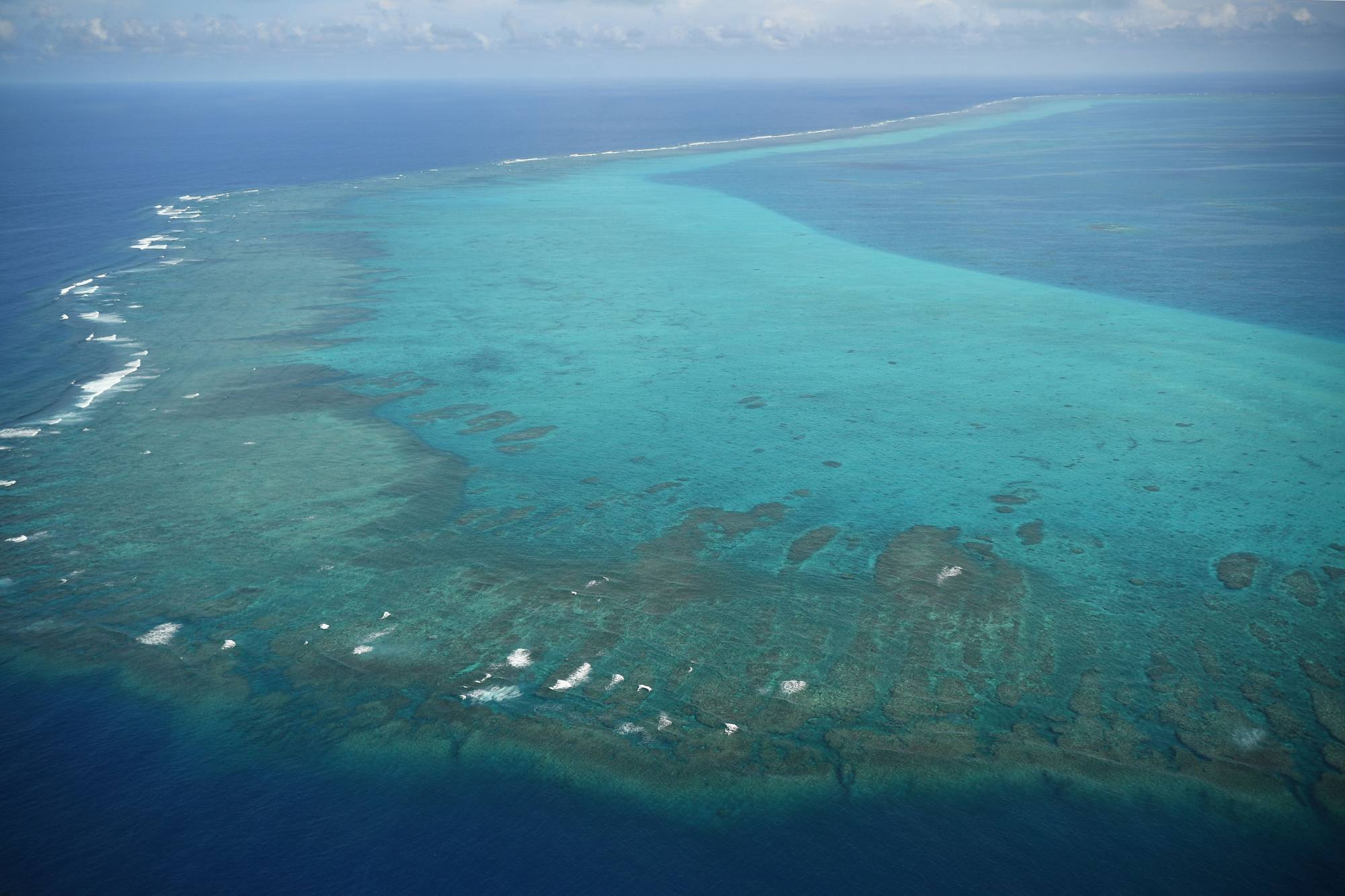
He cites a 2012 stand-off between the Philippine navy and Chinese surveillance ships as the turning point into a new, unpredictable, and increasingly hostile chapter in the Scarborough Shoal’s history.
“Before the stand-off, we were still OK with the Chinese surveillance,” he said.
But after 2012, the “white boats” of the Chinese coastguard arrived, blocking access to the fishermen, he said.
“They were armed and had so many speedboats. Their boats are big and strong, if the ships of the Chinese coastguards collide with us, our boats will be destroyed.”
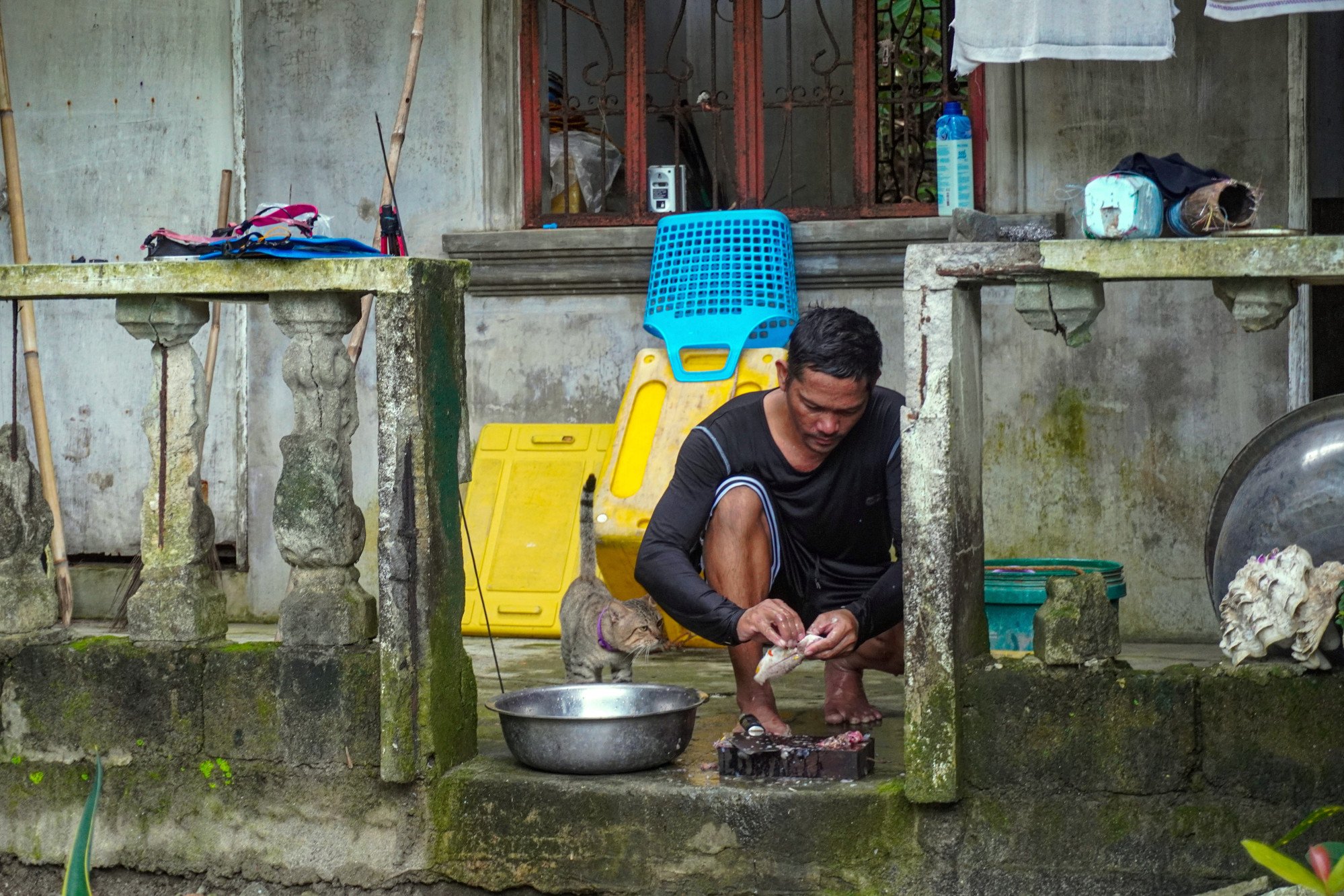
Barriers to fishing
Still, Rony and his closest friend, Job Ermita (nicknamed Jay-ar), continue to spearfish in the waters of the Scarborough Shoal, although these days he must help his fishing partner who suffered partial hearing loss in a diving incident.
“Even from a distance, when Jay-ar sees a white boat, he is restless, he can’t concentrate on earning a living. ‘They’re here again,’ he’ll say,” Rony said. “We are always being harassed.”
The fishermen and others like them have captured numerous instances of Chinese intimidation on their mobile phones, but the local Philippine coastguard has proved powerless to act, despite the mounting evidence.
In 2018, Rony’s son Jurry Drio, Romel Cejuela and Delfin Egana were invited to the presidential Malacañang Palace in Manila to brief the press about the harassment they had experienced at the hands of the Chinese coastguard while fishing in Scarborough Shoal, alleging their catch was seized.
The presidential spokesperson at the time, Harry Roque, said his government had raised the issue with the Chinese embassy.

But the situation has deteriorated since then.
In August, the Philippine coastguard said a Chinese vessel had used a water cannon “to block, harass and interfere” with Philippine resupply boats at another flashpoint, in the Second Thomas Shoal about 200km west of Palawan province.
The ensuing outcry saw the United States warn that such threats undermined regional peace. The Philippines is among several Southeast Asian claimants – Vietnam, Brunei, Malaysia and Indonesia among them – that have overlapping claims to the South China Sea. Manila has since 2011 referred to the waters it claims off its west coast as the West Philippine Sea.
Images of the maritime stand-off that ensued were shared across social media, showing Filipino fishermen goading the Chinese vessels, playing to nationalist sentiment at home.
South China Sea: Philippines aims to ‘take control again’ of shoal from China
South China Sea: Philippines aims to ‘take control again’ of shoal from China
As tensions heightened, Chinese coastguard vessels sent out radio warnings that the presence of Philippine vessels “violated international and domestic laws of the People’s Republic of China”.
The act of defiance prompted Chinese Foreign Ministry spokesman Wang Wenbin to warn the Philippines “not to provoke or stir up trouble”.
As the barbs flew, Marcos Jnr vowed to defend his country’s maritime territory and fishermen. “We’re not looking for trouble,” he said on September 29. “We don’t want to engage in a heated argument, but we’re firm in our defence of Philippine territory.”
Filipino fishermen caught 164 tonnes of fish on the day the Philippine coastguard cut off the barrier, Marcos Jnr added. “That’s what our fishermen lose, so there should be no barrier there.”
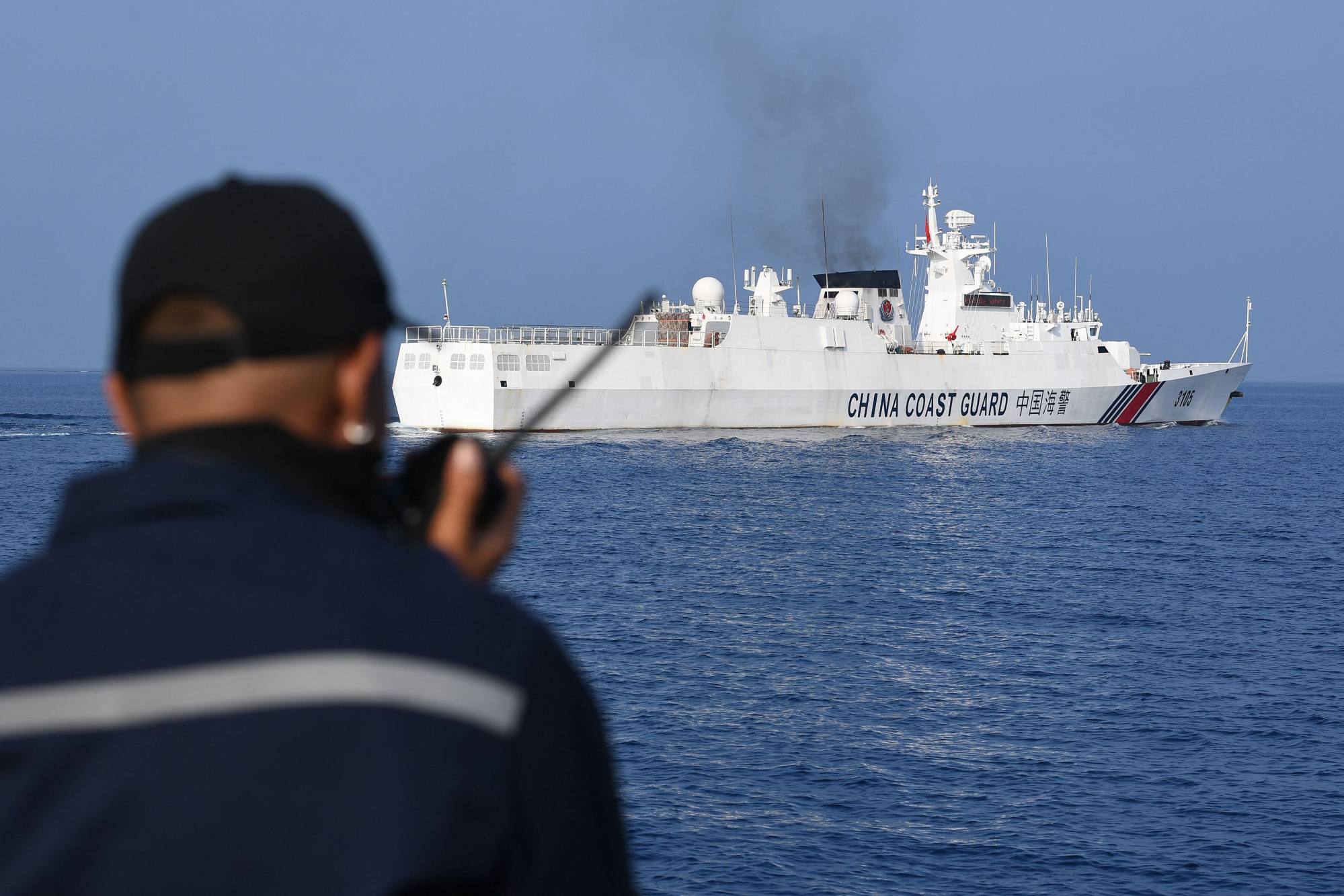
Standing up to China may win Marcos Jnr the admiration of the Filipino people, but his coastguard is ill-equipped and no match for China’s might, let alone the economic clout of Beijing, which holds a US$20 billion trade surplus over the Philippines.
Under the Marcos Jnr administration, Washington has strengthened its ties with Manila. In May, it doubled down on a 1951 Mutual Defence Treaty, which could cover the South China Sea and act as a deterrent should Beijing choose to respond to Philippine actions with its military.
The stakes are becoming increasingly high.
US Defence Secretary Lloyd Austin in August reiterated the defence treaty “extends to Philippine public vessels, aircraft, and armed forces, including its coastguard in the Pacific and South China Sea”. The Philippines has since vowed to deploy more vessels to patrol and protect its fishermen.
‘No more trouble’
The cost of geopolitical squabbles is being counted in the nets of Rony and his fellow fishers, whose incomes from the seas have halved in the past few years.
In his village, access to education and state services is weak, leaving the younger generation with a limited future as fishing becomes increasingly perilous.
The Philippine Bureau of Fisheries and Aquatic Resources did provide the fishermen with new boats, but these have idled on the shores of San Salvador for more than a year as they are unable to navigate the rough waters that lead to the shoal.
Rony’s last trip to the shoal was in June, and he now wonders if he will live long enough to ever see an amicable agreement between the two countries over who has access to the sea.
“If this is how it’s going to be … if they can fish, we should also be allowed to fish without bothering each other,” Rony said. “That’s what I thought of. No more trouble. I just hope this can be resolved peacefully.”
Edited by Aidan Jones
[ad_2]
Source link


